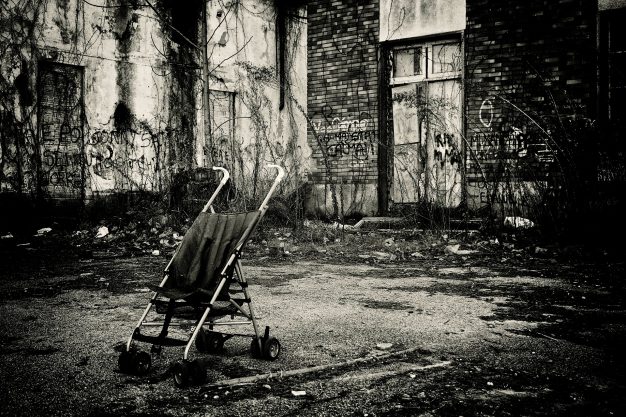European Union leaders have been told they must initiate a rescue plan now to help pull vulnerable children out of poverty.
The call has come from hundreds of organisations and individuals acting under the umbrella of leading child rights advocacy network Eurochild, and is delivered before today’s start of one of the most significant EU summits of recent times.
As the world continues to fight against the fall out of the coronavirus pandemic, the EU is forecast to enter a deep recession and increased levels of poverty – something which disproportionally affects children. Children, says the alliance, ‘must be front and centre’ of the decisions that EU lawmakers will take as part of a targeted, long-term recovery plan.
‘Children must be front and centre’
Eurochild is urging leaders to agree that at least five per cent of the European Social Fund should be targeted at reducing child poverty in all EU countries. In a statement and video address that pulls no punches, Eurochild’s President, Louise Coleiro-Preca, told EU leaders “Don’t just think of bailing out businesses, invest in our public good. Invest in our children.”
“Unfortunately, the pandemic and the lockdown has exacerbated social inequalities. School closures, social distancing and confinement have increased, among others, the risk of poor nutrition among children, the risk of domestic violence and reduced access to vital family and care services. Children already disadvantaged before the crisis by poverty, migration status or difficult home environments have suffered most during lockdown.
“Significant efforts will be needed to bridge the educational divide, support vulnerable families and boost child protection systems if we are to avoid the long-term consequences of failing our children. We need more resources and efforts, to tackle and to overcome the challenges raised by the pandemic, to ensure that no child in Europe is left behind,” adds Coleira-Preca.
‘Children disproportionally affected by poverty’
More than one in four children, according to Eurostat, are at risk of poverty, and children are more likely to be at risk of poverty than the general population. Children already disadvantaged before the corona crisis by poverty, migration status or difficult home environments have suffered most during the lockdown imposed to contain the COVID-19 pandemic.
Child poverty is also likely to worsen owing to the economic fallout of the crisis, with recent reports by UNICEF and Save the Children suggesting that household poverty is expected to increase by 15 per cent worldwide by the end of 2020.
‘Important to learn from the past’
The European Commission also recently forecasted that the EU will experience ‘a deep recession this year due to the COVID-19 crisis’. “With children being disproportionally affected by poverty, it is important to learn from the past and avoid responding with austerity. Public investment in children and families, and the services that support them, is essential if recovery is to be sustainable and inclusive”, added Jana Hainsworth, Secretary General of Eurochild, which has members across 35 countries.
EU leaders are due to meet in Brussels today and tomorrow, 17-18 July, in a Special European Council to discuss the EU recovery plan to respond to the COVID-19 crisis and a new long-term EU budget 2021-2027.





